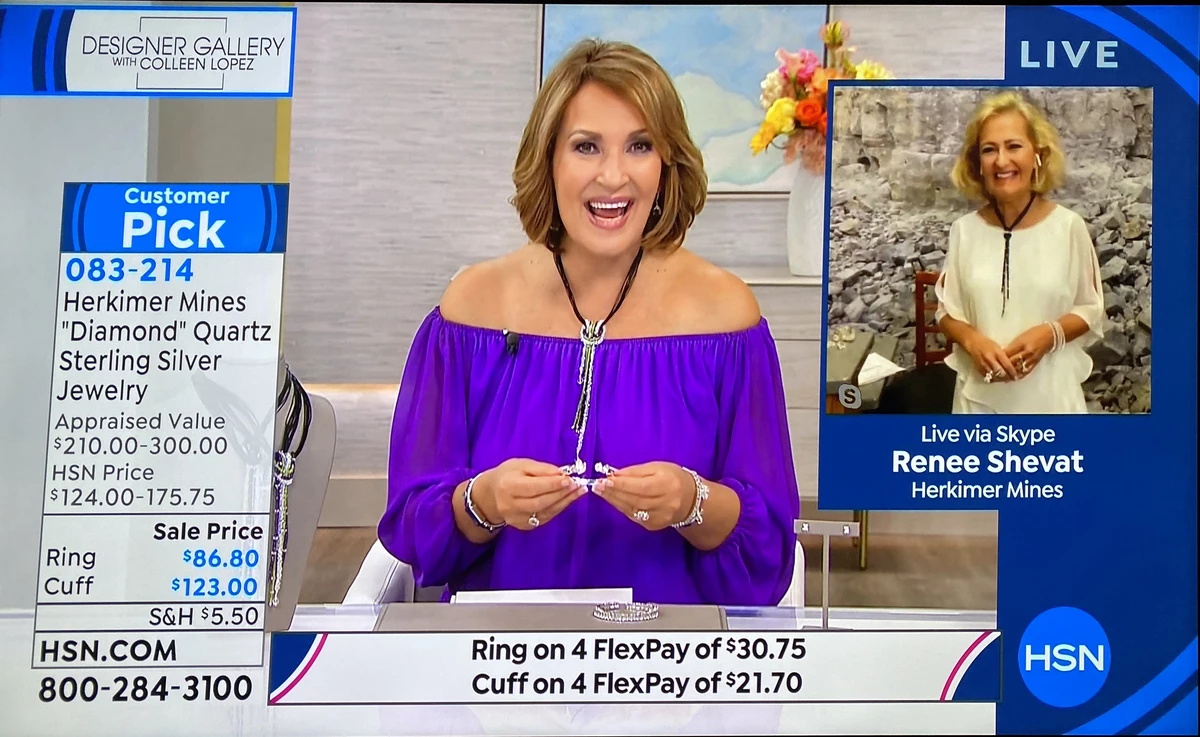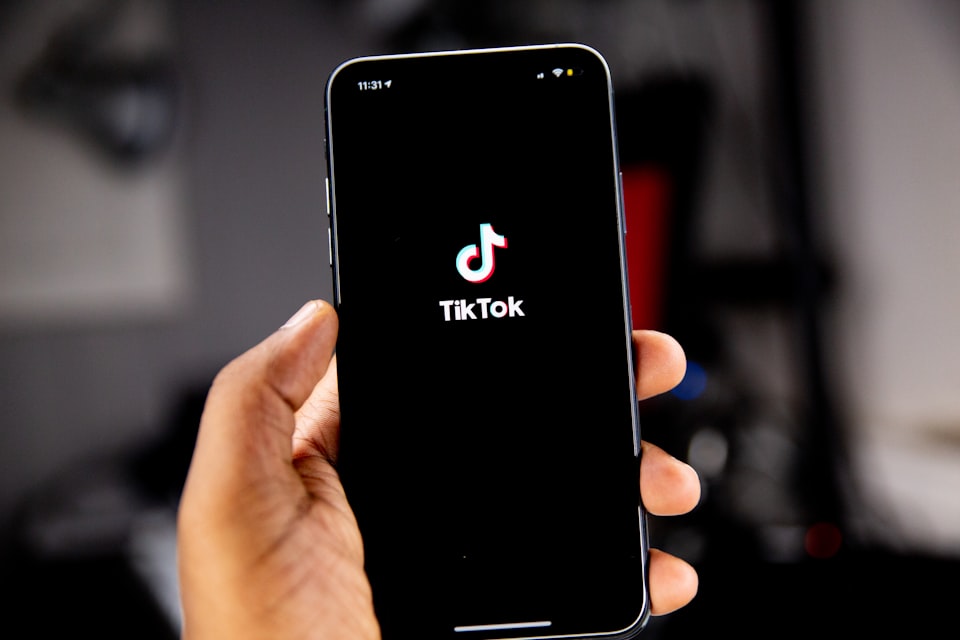Why Social Live-Streaming Shopping is the Scary Future of E-commerce

The fantastic growth rate of e-commerce during 2020 signals that change will arrive faster than expected in our beloved industries. Whether we like it or not, the retail transformation is irreversible and permanent. But while adapting to this new normal, what can the future of e-commerce surprise us with? In my view, the future belongs to social live-streaming shopping.
Precisely when the first millennials arrived on earth, at the start of the 80s decade, HSN (Home Shopping Network) started to innovate on cable TV. Founded by a former DJ who started selling can openers on live radio, HSN pioneered a televised sales pitch for consumer goods. Credit cards and QR code payment systems sustained this bizarre industry. So much so that in 2020, if you turn on your TV during daytime and check generic stations, you might be able to watch TV shopping in its awesomeness.

But no one talks about this in the world of marketing. In our bubble, in 2020, we spoke about social live-streaming commerce. Like many technologies and consumer trends, social live-streaming shopping has its origin in China. The following video about Alibaba, which I highly recommend inspired me to write this article.
5 minutes into watching this, I realized I was watching the future of e-commerce. The missing link between the current primitive search/scroll/click functionality that we sometimes struggle with these days on any e-commerce platform and the VR shopping future promise that copies a live retail experience. Live streaming shopping offers the perfect mix of retail experience from the comfort of your mobile. And it’s available today; no new technology is needed.
The 3 elements that inspired me to see the future are:
Social allows you to deeply understand your customers
The immense promise of social live-streaming shopping is the perfect understanding of customers’ preferences and tastes by marrying their historical purchase data and engagements on the platform. If Alibaba is uniquely positioned to challenge and win this game in China, the future is less clear in the Western world. A magic winner would sit somewhere between Facebook/Instagram and Amazon, but the choice between the two behemoths on who will win this game is challenging to decide in 2020. Amazon launched Amazon Live in 2019, with little commercial success.
To me, it merely looks like HSN OTT. A year later, Instagram launched its Shop menu directly in the app, after offering post-shopping for some time now. I am not 100% convinced of my betting strategy.
Creating excitement and brilliantly showcasing the product while shopping
Unlike retail, e-commerce, and social are great at creating excitement and teasing the right customers. Early hints, reminders to connect, teasing messages – all this is available in-app without too much fuss. When the shopping moment arrives, the value equation turns on its head.
Ditching the millions of dollars spent on advertising production or retail furniture, a simple wardrobe or shoe rack can be enough to showcase the product. But a static image is not what we as consumers want; we want someone to try the shoes, hear others talk about them, discuss the size and fit, the materials, and then add in some magic dust of selling talk. Layering in AR technologies can offer a personal fitting experience on top of the showcase.
Scarcity triggers in social live-streaming shopping environments
Probably the feature I admire the most in live-streaming shopping is the psychological play with scarcity. We know that once something is in high demand, we want it more. The dropping culture, made famous by sneakers companies, could be embraced by every other company now: from designer chocolate bars to cars.

My bet is that social live-streaming will further sink retail faster than e-commerce initially did. What do you think about this bold claim?




